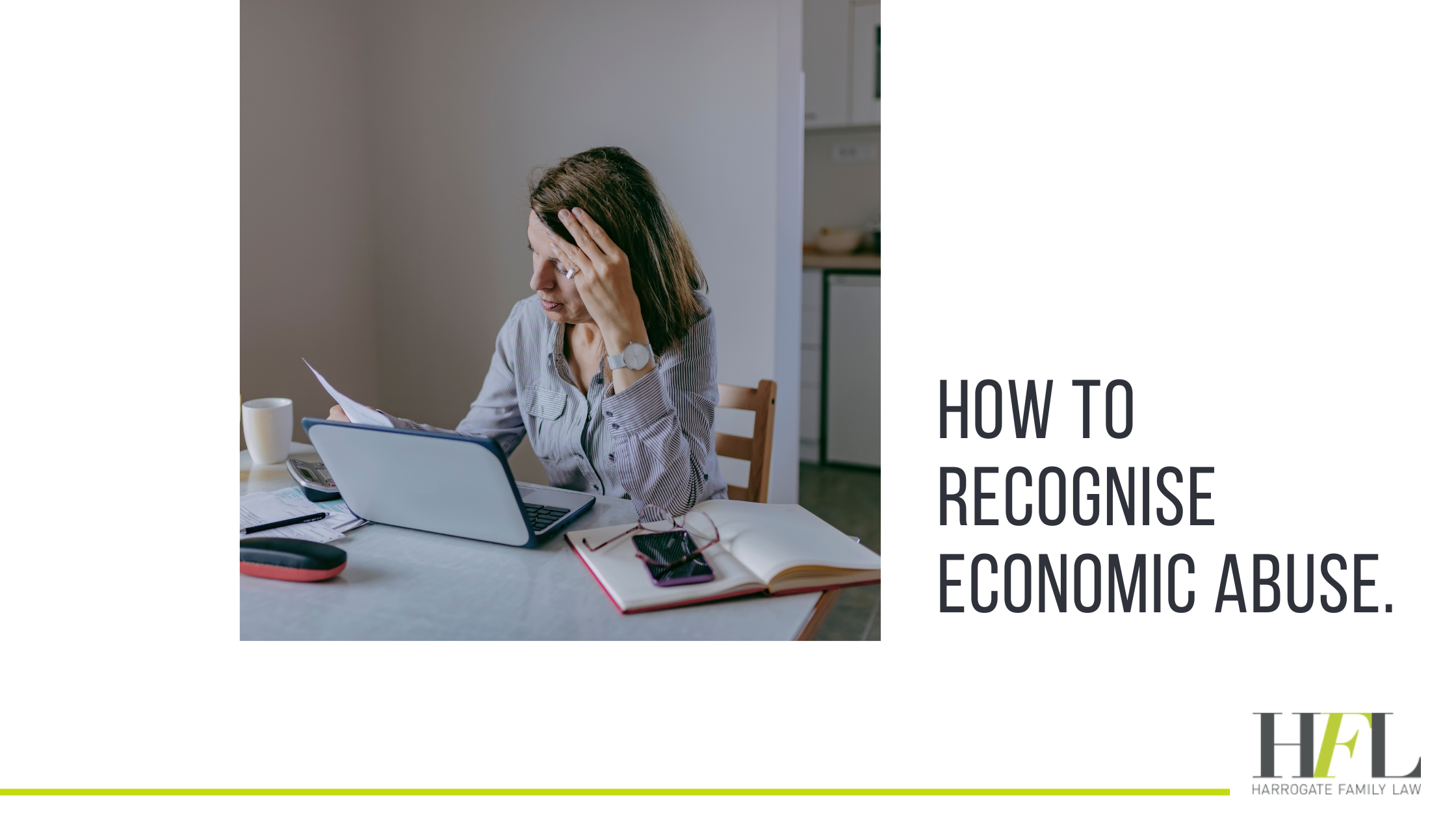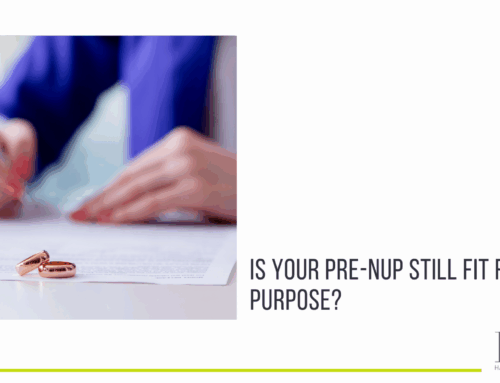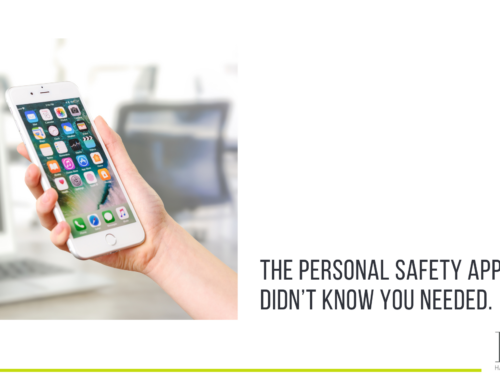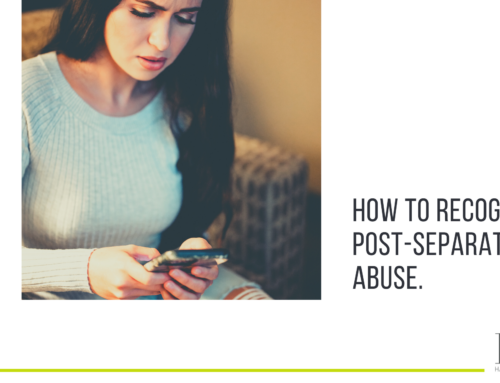Economic abuse isn’t always easy to recognise, and is perhaps once of the lesser documented aspects of domestic abuse. As with many forms of abusive behaviour, it can take place over many years before a victim may even become aware that it’s been going on.
Here, we’ll take a closer look at how you might recognise signs of economic abuse, and what you can do to get the help and support that you need.
The common signs of economic abuse
Economic abuse is rooted in control and the restriction of freedom and independence. It can filter into many aspects of your life, and being a form of coercive control, it’s recognised by the law as a form of domestic abuse.
But what are the signs to look out for?
Controlling your finances
Possibly the most common sign of economic abuse is your spouse or partner controlling your finances and restricting your access to money – bank accounts, credit and debit cards etc. They may decide what you can spend and when, and sometimes, they may even force you to ask for money or an ‘allowance’.
If you and your spouse or partner have shared bank accounts, you should always have access to any login details and be able to seek information about the accounts when you need to. If you feel as though your partner is withholding these details from you, this may suggest economic abuse, or even that they’re trying to hide a level of financial infidelity.
Look out for your partner:
- Insisting that they keep any receipts from transactions that have been made.
- Spending money however they want to, but trying to control your spending.
- Making you sign any documents that you don’t know the purpose of and that haven’t been explained to you.
Loans and debt
One of the more sinister elements of economic abuse is the risk of getting into catastrophic debt on behalf of your partner.
Be extremely wary if at any point they ask you to take out a credit card or loan in your name. If you do go forward with any of them, you must have equal access to the details so you can keep track of any spending or debt that’s racking up. If your partner or ex-partner refuses to give you this access, it may be a sign of economic abuse.
Limiting your ability to work
If your partner is going out of their way to restrict where and how much you can work, it may be a sign they’re trying to limit your independence (both financially and personally).
In many cases, this may begin in a well-meaning way, particularly if you have children. They may insist you reduce your working hours, or stop working altogether to look after the children and to take the ‘pressure off’.
This may be completely harmless – only you will know the ins and outs of the dynamics of your relationship. But if you notice that when you decide that you want to work and have earnings, your partner is more hesitant, or displaying any of the other characteristics we’ve discussed, it’s worth thinking about whether they’re trying to limit your access to financial freedom.
The very important message to take away from this article, is the fact that coercive control is a reportable offence and there are people here to support you. You are not alone.
If you’re thinking about a divorce or separation, but are worried about what the future might hold if you do, why not have a chat with a member of our team? You can contact us for a no-obligation consultation now.
If you need immediate advice and assistance, you’ll find a list of organisations that can help below.
Men’s Advice Line – a confidential helpline for male victims of abuse
Website: https://mensadviceline.org.uk/
Helpline: 0808 8010327
Galop – a helpline for LGBT+ people experiencing abuse or violence.
Website: https://galop.org.uk/get-help/helplines/
Helpline: 0800 999 5428
IDAS – supporting people affected by domestic abuse and sexual violence.
Website: https://idas.org.uk/
Helpline: 0300 110 110
Refuge – support women and children who are experiencing domestic abuse
Website: https://refuge.org.uk/?gclid=CjwKCAjw__ihBhADEiwAXEazJp6VSvwZOsOpWMjzVIVqhFgMLKoctQgE–7-u30lF9jImCCO5wtMyRoCk-YQAvD_BwE
Helpline: 0808 2000 247

